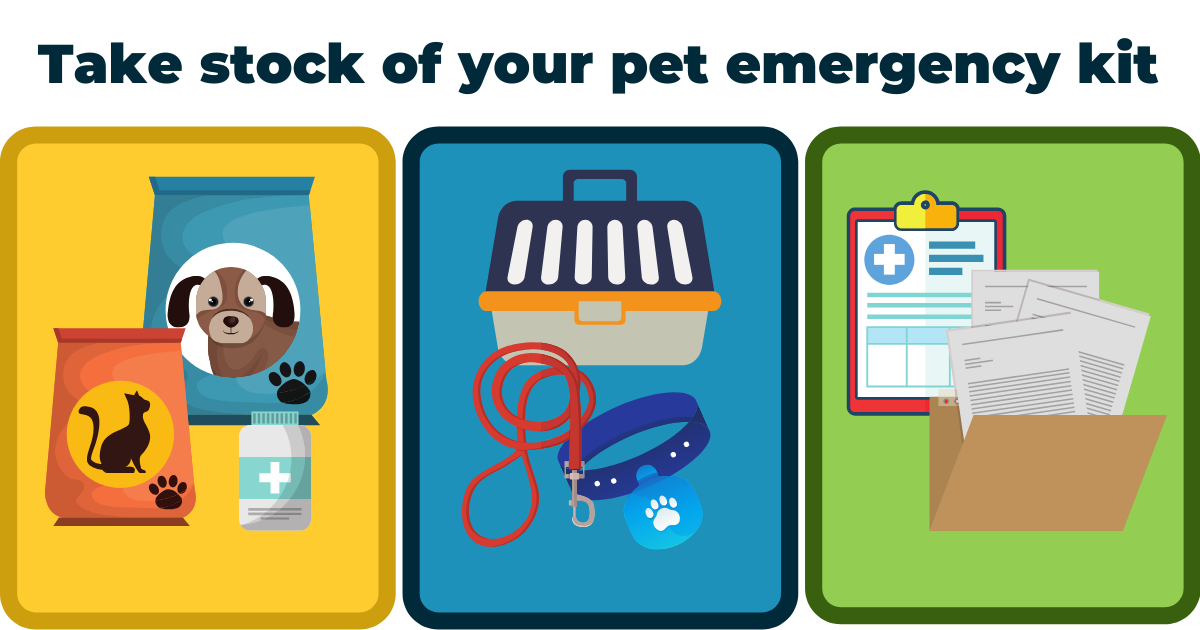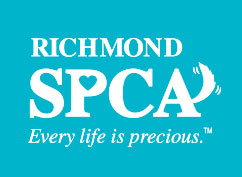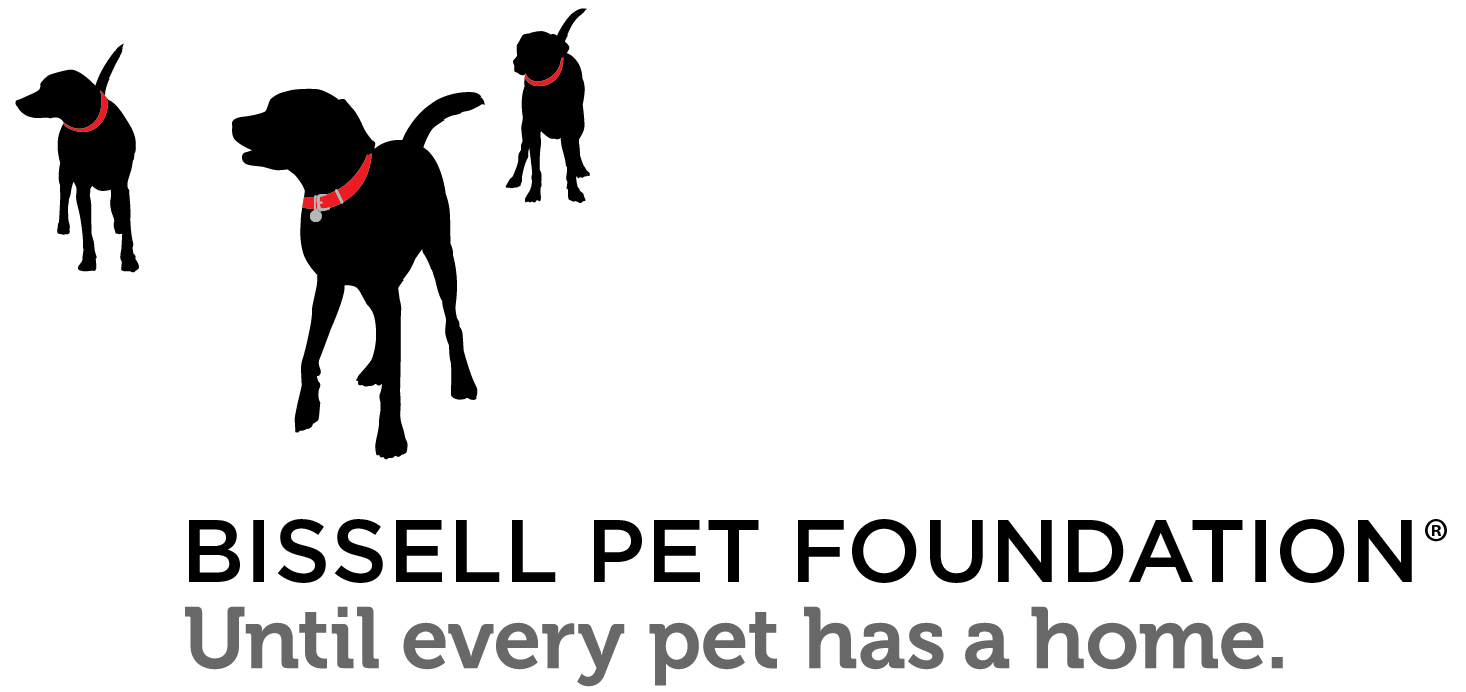COVID-19 planning with pets in mind

Normally we discuss preparation and planning for emergencies with a focus on evacuation plans with pets. In the case of the coronavirus/COVID-19 pandemic, pet guardians need to plan ahead for the possible scenario of self-isolation or quarantine that would prevent you from leaving your home, or in extreme cases, hospitalization that would prevent you from being at home to care for your pet.
Have at least a two-week supply of pets’ food and any medications. Reviewing emergency plans should always include a checkup of pets’ identification. Ensure that tags are legible and that the microchip database has your current contact information.
Ask yourself:
- Who will care for my pet in the event that I become ill? Identify a trusted friend or family member. Create a document of your care instructions including medication dosages and directions for administering them.
- Are my pets’ vaccinations up to date, and do I have copies of their records? These will be required in the event that you must board your pets.
- If my pets needed to be moved quickly, what would they need? Have crates, carriers, leashes, an extra litter box and other supplies easily accessible.
The American Veterinary Medical Association recommends an abundance of caution when anyone who has COVID-19 interacts with pets. “Although there have not been reports of pets or other animals becoming sick with COVID-19, it is still recommended that people sick with COVID-19 limit contact with animals until more information is known about the virus.”
The AVMA’s advice is that ideally, another member of the household would take over walking, feeding and playing with your pet until you recover, but if you must personally care for a companion animal, follow their common-sense advice to “wear a facemask; don’t share food, kiss, or hug them; and wash your hands before and after any contact with your pet or service animal. You should not share dishes, drinking glasses, cups, eating utensils, towels, or bedding with other people or pets in your home.”
We hope that all of our supporters remain healthy and safe. Having adequate plans in place for your beloved pets should be part of your overall household plan for the public health threat presented by a COVID-19 outbreak.
Seeking veterinary care
Should your pet need to visit a veterinarian over the coming weeks, as long as you are not sick with COVID-19 or another communicable illness such as a cold or the flu, you should make an appointment with your veterinarian as usual, whether your pet needs routine care or treatment for illness. However, we urge you that if you are sick with any communicable disease, follow public health guidelines to minimize contact with others until you are well. Non-urgent appointments like annual exams and vaccinations can wait to be scheduled after your healthcare providers are sure you are no longer contagious to others. It’s important to consider the health of those who would be present in your vet’s office, including the guardians of other pets and the veterinary hospital staff. Those who are sick with COVID-19 whose pets become ill should seek assistance from their veterinarian and public health officials to decide how to proceed to obtain care for the pets while minimizing risk to others.

Tabitha Treloar joined the Richmond SPCA in 2005 as an admissions counselor soon after moving to Richmond from her home state of Mississippi, and has been our director of communications since 2010. She is a member of the Public Relations Society of America and PRSA Richmond.
Tabitha and her husband live in Richmond with five Richmond SPCA alumni – two cats and three dogs.



